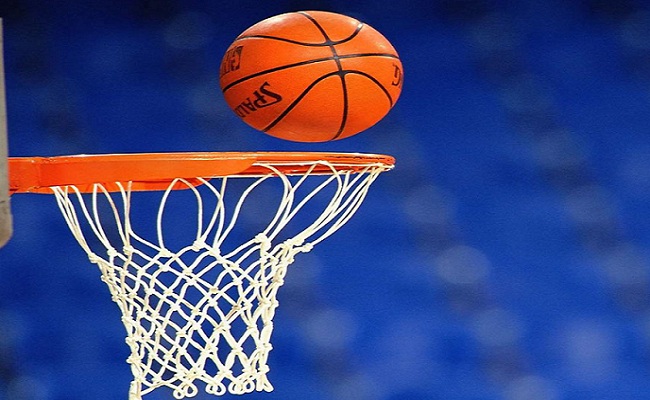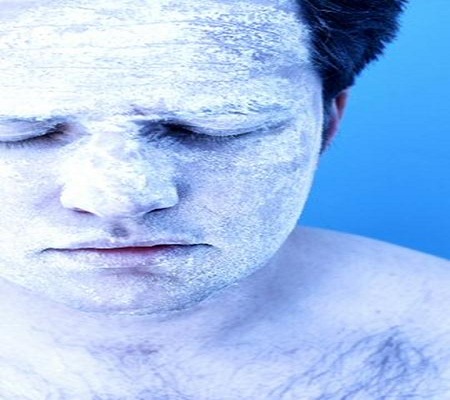More with less: the greatest challenge sport has ever faced.

The greatest challenge sport has ever faced in upon us.
It affects coaches.
It affects teachers.
It affects sports scientists and sports medicine practitioners.
It affects sports administrators, managers and sporting organisation Board members.
It affects the parents, carers and partners of athletes.
Are you up to the challenge?
In the next 800 words, I aim to change your life and convince you that if you do not change the way you do things…and change them now…your time of relevance in sport – no matter what your role in the industry may be – is coming to an end.
Work through this logic with me.
1. Sports performance will improve in the future – that’s a given. World records will be broken, athletes will get faster, stronger, more powerful and better in the years to come. It is insanity to think otherwise..and
2. Society is moving more and more towards a quick fix, instant gratification, immediate satisfaction paradigm. Kids under 14 – the Generation I – (as in I-pod, I-phone, I-Instant, I-Internet and I – It’s all about me) are growing up in a world of instant, immediate information where their attention span is timed in seconds not minutes or hours…and
3. Families have increased pressures of time and money – even worse in the current economic crisis. Families have less and less time to give to sport – particularly sports which demand high levels of commitment for training and competition, e.g. swimming, cycling, gymnastics, rowing, athletics so….
4. We will have less time available to enhance the performance of athletes: we will have to achieve better results in shorter time in other words…
We will have to achieve more with less.
That is, in all probability, changes in society will demand that you will have to find ways of improving the performance of your athletes, players and teams in LESS time.
Think about this for a moment.
- You will have to help your athletes go faster but finds ways to do it with less training time available;
- You will have to make players more skillful, but have to do it in fewer sessions;
- You will have to break that world record, but you will have to do it with less coaching time.
I know, I know, I know.
Some of you are reading this and saying, “That’s rubbish. This guy doesn’t know hockey or baseball or whatever…”. And some of you are saying, “It will never happen in my sport”.
Well think again.
Society and it’s broader trends will not change for soccer or rugby or swimming or cricket or basketball. It’s like saying a train travelling at full speed will divert it’s course because a mouse is on the tracks! Sport is one very very very small part of society and as such is bound by changes, trends and shifts in society.
In the “old days” (of only a few years ago), you could ask young athletes to repeat skills, drills and fitness activities over and over and over until they got it right. Now after only a few repeats kids are bored and looking for something else to keep their mind engaged.
In the “old days” coaches could rely on repetition to achieve success – now it’s about the four Es – Entertainment, Engagement, Excitement and Enjoyment.
So, it’s here. The greatest challenge we have all faced. You can’t run from it. You can’t ignore it. You can’t close the door to your training gym and lock the gate to your training fields and hope it goes away. It’s here – and like any challenge, you will either thrive or just survive.
Are you up to the challenge?
Will you accept the “more with less” challenge and become more innovative, creative and original in your coaching and professional work than ever or will you be one of the “old school” and try to fight off society’s influence for as long as you can, blaming the Internet, blaming Nintendo, blaming parents and saying things like “you just can’t coach this generation – they are too different”.
This challenge is no different to any other you face as a sports professional – you either rise to it and find ways of overcoming it, or you keep doing things the way you always have done and never realise your potential – an unacceptable outcome for both you and your athletes.
See my next post…………20 ways to do more with less!
Wayne Goldsmith.


8 Comments
Peter Spence · May 13, 2009 at 10:05 am
Hi Wayne,
I like your tack and agree with your sentiments. The world is changing at an increasingly rapid rate. Let’s talk more about these challenges and meet them.
Time is certainly compressing but we have tools at our fingertips that previous generations haven’t been able to access. Using these tools and the systems that are available requires a change of thinking and a new and ever-changing method of operating. I know that you are well aware of that.
I’m up for the challenge. How do you want to go forward from here?
Let’s map it out.
Regards,
Peter
Eric Landa · May 13, 2009 at 7:50 pm
Hey Wayne
Been reading through this article with great interest, very curious to read the next one following up on this..
Keep up the good work mate, always a pleasure to read these great articles. And much appreciated.
Cheers.
andre · May 13, 2009 at 8:56 pm
Great article, but as a fitness trainer working with potential stars, how are we going to get players bigger and stronger faster. I know we have to addapt, but the body can only adapt so fast. If you have answers I would love to know. WOuld it be more total body training than simply old style body building splits. Love your articles.
Steve G · May 15, 2009 at 2:16 pm
Hi Wayne
Thought provoking article but I think you’ve missed one significant point – the business of sport. The commercial power of sport is only going to intensify and with that comes more opportunities for athletes to commit their time to the pursuit of excellence. As the gap between amateur and professional sport widens so too do people’s motives to participate. One path requires a high level of sacrifice and time commitment but offers potential financial and status reward. The other is a lifestyle choice and more exposed to the pressures of an increasing time poor society that you speak of. The latter is not about the pursuit of excellence, it’s about the pursuit of happiness and that’s less about time and more about individual choice.
Thanks for the mind fuel.
Mick · May 25, 2009 at 2:26 pm
I am involved in country football and the more with less applies in this neck of the woods. Intweresting article and like the others I await more stimulating reading.
Wayne Goldsmith · June 25, 2009 at 10:48 am
Thanks guys.
About to do PART TWO of the article – will enjoy your comments.
I got several negative emails about this – and all saying the same thing:
“Wayne. Interesting article but you don’t understand. Our sport is different. It will not happen in our sport”.
These are the same people who probably said last year, “Sure the world is about to face a global economic crisis, but it will not happen in our country. Our country is different”.
Guys – get over it. In the global village we all live in, societal trends hit all nations, all peoples, all religions, all idealogies and ALL SPORTS. No one is immune to the incredible changes in society.
Prepare to be victorious over the challenges of the future or be a victim of them.
WG
Competitive Swimming is In Crisis Unless… | sportesnews · March 20, 2018 at 10:14 am
[…] Be open to new possibilities. There are many new, innovative, creative and highly effective ways of developing speed, strength, power, flexibility, mobility, core-stability and other physical qualities in swimmers. Just because a swimmer can’t commit to the “usual” or “standard” traditional training routines and practice schedules, doesn’t mean they can’t be extraordinary. It is up to the coach to find ways to help the swimmers in their program be successful and to fit the program to the swimmer – not force the swimmer to fit the program. […]
Competitive Swimming is In Crisis Unless… | Sportsrook · March 20, 2018 at 10:43 am
[…] Be open to new possibilities. There are many new, innovative, creative and highly effective ways of developing speed, strength, power, flexibility, mobility, core-stability and other physical qualities in swimmers. Just because a swimmer can’t commit to the “usual” or “standard” traditional training routines and practice schedules, doesn’t mean they can’t be extraordinary. It is up to the coach to find ways to help the swimmers in their program be successful and to fit the program to the swimmer – not force the swimmer to fit the program. […]